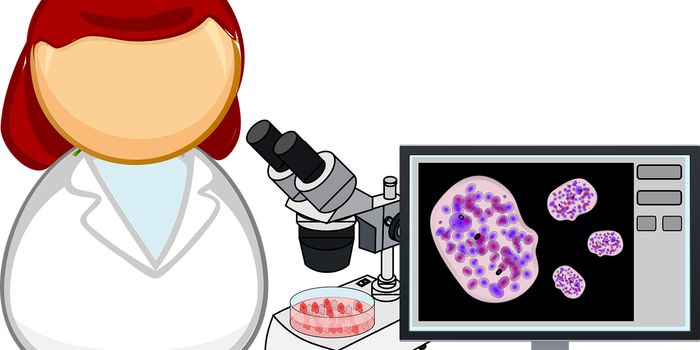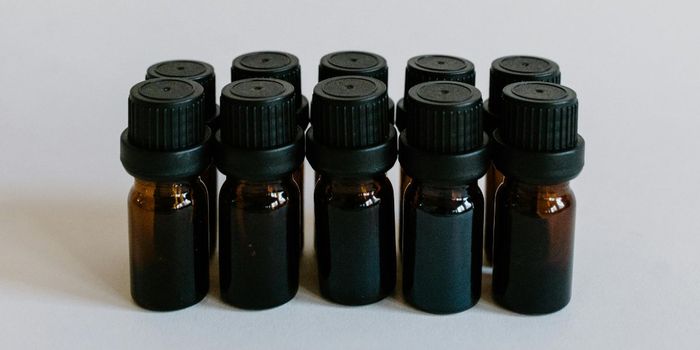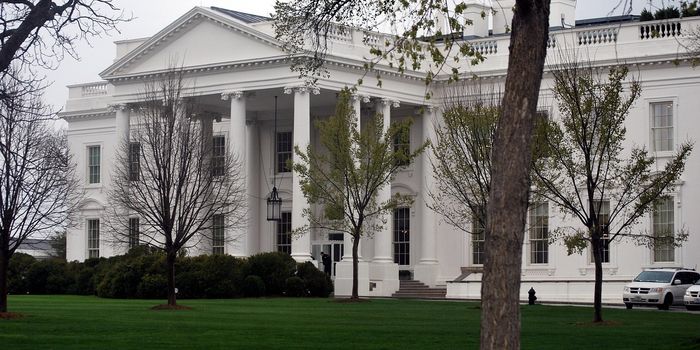A Brief History of the US Presidents with Cancer
To date, 45 men have served as President of the United States (POTUS). The National Cancer Institute estimates the overall risk of a cancer diagnosis at about 40%. Based on these statistics, you would expect cancer diagnoses in a large proportion of US Presidents. As Presidents’ Day commemorates the birthdays of the small group of men who have taken the Presidential Oath of Office, we can reflect on the relatively small number of documented cancer diagnoses in this elite circle.
Ulysses S. Grant (18th POTUS)
At 62 years old, eight years after leaving office, President Grant, a heavy smoker, was diagnosed with terminal tongue cancer. Grant’s doctor advised he cut down to three cigars a day after diagnosis! Doctors prescribed cocaine and a derivative of chloroform to control the pain, but Grant succumbed to the disease about a year after diagnosis.
Grover Cleveland (22nd and 24th POTUS)
President Cleveland, diagnosed with oral cancer in 1893, went to great lengths to hide his cancer from the American public. To prevent the country, which was going through a depression, from spiraling further with the news of Cleveland’s diagnosis, the President decided to undergo surgical removal of the tumor under the guise of a fishing trip. A team of six surgeons assembled on a yacht, removing the tumor as they traveled from New York to Cape Cod. The operation was successful on two fronts: excising the tumor (Cleveland died of a heart attack fifteen years later) and keeping the secret (surgeon William Williams Keen exposed the true story about ten years after Cleveland’s death).
Herbert Hoover (31st POTUS)
Almost 30 years after leaving office, physicians diagnosed President Hoover with early-stage colon cancer after presenting with anemia and gastrointestinal bleeding. Surgeons removed a section of Hoover’s colon, and he survived another two years before succumbing to severe blood loss due to a stomach lesion.
Lyndon B. Johnson (36th POTUS)
In 1967, during his first full term in office, President Johnson was diagnosed with basal cell epithelioma, a form of skin cancer. Like Cleveland, Johnson wanted to keep his diagnosis a secret. Dr. William M. Narva, a Navy dermatologist, removed the cancer, and Johnson had several other benign skin growths removed during and after his Presidency. It wasn’t until 1973, four years after President Johnson died of a heart attack, that the US Navy confirmed, with Mrs. Johnson’s blessing, that President Johnson did indeed have skin cancer.
Jimmy Carter (39th POTUS
Thirty-five years after leaving office, in 2015, President Carter announced that he had melanoma that had metastasized to his liver and brain. Carter received radiation and a newly approved immunotherpy (pembrolizumab). Three months later, Carter was declared cancer-free. The former President recently turned 97 highlighting an immunotherapy success story!
Ronald Reagan (40th POTUS)
President Reagan faced both colon and skin cancer during his Presidency. Both diagnoses came in 1985, and fortunately, surgical interventions successfully treated the unrelated cancers. Reagan died in 2004 from pneumonia.
Lost to History?
Medical advances in diagnosing cancer have significantly evolved since George Washington was inaugurated in 1789. The list of Presidents with cancer would likely be longer if all benefited from modern medicine. For example, historians believe that Thomas Jefferson (3rd POTUS) suffered from undiagnosed prostate cancer. Likewise, scientists suspect that Abraham Lincoln (16th POTUS) may have died of thyroid cancer had he not been assassinated. Further, the stigma associated with cancer could have prompted other Presidents to hide their disease from the public, like Presidents Cleveland and Johnson, and some may remain hidden today.
Sources: Am J Surg, Smithsonian Magazine, NPR, J Oral Maxillofac Surg, Am Surg, New York Times, Cancer Research Institute, Politico, Washington Post










